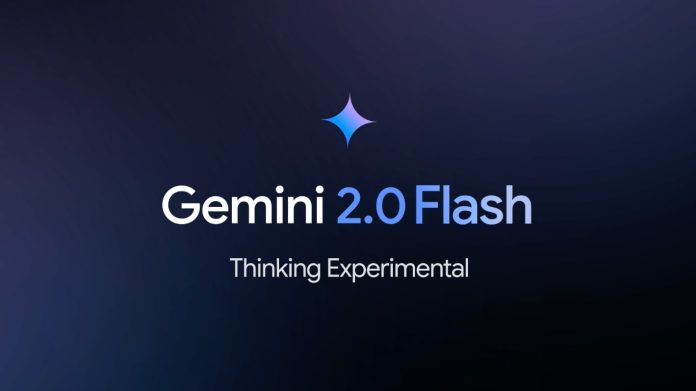Last week, Google lifted the lid on Gemini 2.0, its latest and greatest AI model suite, now open for all to have a crack at. The tech giant’s calling it their “most powerful” AI setup so far. Back in December, they only let developers and a handful of trusted testers have a sneak peek, weaving some features into Google’s core products. But now it’s all systems go—developers can dive right in via Google AI Studio and the Gemini API.
The Gemini 2.0 suite packs three specialised sub-models, each fine-tuned for different gigs:
- 2.0 Flash: Nicknamed the “workhorse model,” this one’s built for high-volume, high-frequency tasks – perfect for when you’ve got a ton on your plate.
- 2.0 Pro Experimental: This is where things get serious for coders. It’s the most advanced programming support tool Google’s ever churned out. It can chew through up to 2 million tokens in one go, making light work of hefty data loads.
- 2.0 Flash-Lite: Google reckons this is their “most cost-effective model yet.” It’s faster and cheaper than the 1.5 Flash, with a 1 million token context window and support for multimodal inputs—so it can handle text, images, and more without breaking a sweat.
The AI Agent Race Is Heating Up, and Everyone’s Keen to Get Ahead
The full release of Gemini 2.0 is Google’s latest play in the fast-moving world of AI agents. Think of these as super-smart “task managers” – they’ll knock over complex, multi-step jobs without you having to hold their hand the whole time. It’s all about boosting productivity and ditching the boring, repetitive stuff.
But Google’s not the only one in the game. Big names like Meta, Amazon, Microsoft, OpenAI, Anthropic and the highly controversial one – DeekSeek from China are all throwing their hats in the ring.
The tech industry’s AI arms race is firing on all cylinders. Take Anthropic, for example – an Amazon-backed AI startup that launched an AI agent last October. This thing can mimic human computer use to tackle intricate tasks with dozens, even hundreds, of steps.
Not to be outdone, OpenAI—with Microsoft in its corner – recently unveiled a feature called Operator. It’s like having a digital PA that can sort out your holiday plans, book restaurants, and even handle your grocery orders. Just this week, they also dropped a new tool called Deep Research, designed to help AI agents whip up detailed research reports and dive into topics you pick.
Funny thing is, Google beat them to it – rolling out its own Deep Research tool last December, pitched as your personal “research assistant” to tackle tricky topics and bang out reports.




